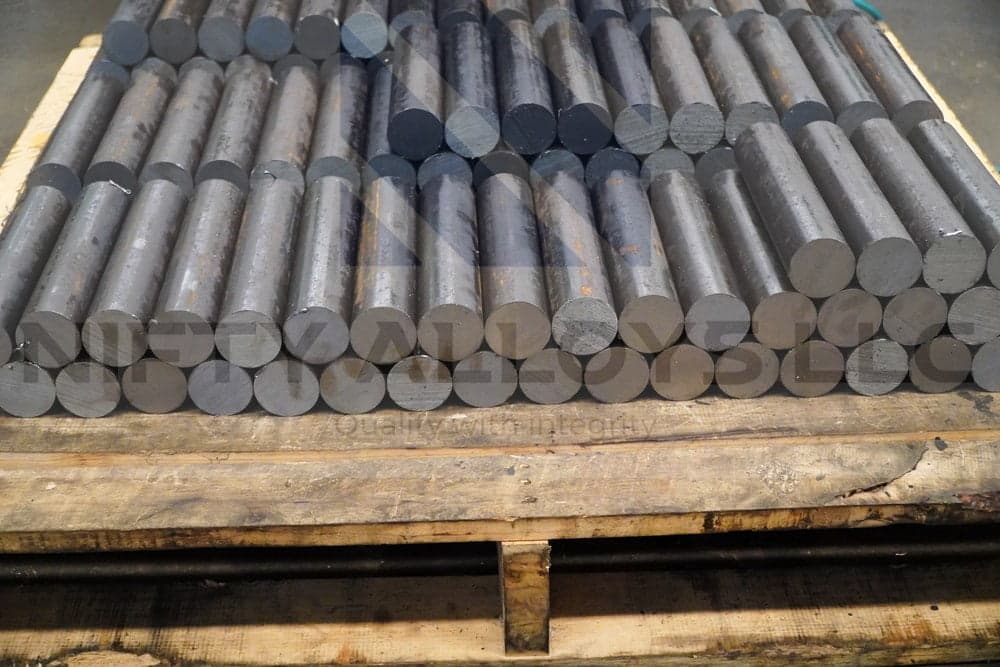
Introduction to Carbon, Alloy Steel Standards
When you procure materials for critical engineering projects, understanding the nuances of carbon steel and alloy steel is fundamental. These materials form the backbone of industries ranging from automotive manufacturing to oil and gas infrastructure. However, the chemical composition alone does not guarantee performance; adherence to rigorous international standards is what ensures safety, reliability, and mechanical integrity.
Carbon steel is an iron-carbon alloy where carbon is the main alloying element, determining hardness and strength. Alloy steel, on the other hand, contains additional elements such as chromium, nickel, molybdenum, or vanadium to enhance specific properties like corrosion resistance, toughness, or wear resistance.
For procurement engineers, relying on standardized grades—such as those defined by AISI, ASTM, EN, or JIS—is non-negotiable. These standards ensure that a specific grade purchased in Germany performs identically to one sourced in Japan or the USA. Without certified materials, you risk catastrophic failure in high-pressure or structural applications.
At Nifty Alloys LLC, we understand that sourcing globally requires navigating a complex web of international designations. As a leading metal stockist, we bridge the gap between global mills and your project site, ensuring every piece of steel you receive is fully certified and traceable.
Major International Standards for Carbon & Alloy Steel
Carbon & Alloy Steel Types
Cross-Reference Tables
Applications of Carbon & Alloy Steels
Certifications & Documentation
Buyer’s Guide for Choosing Carbon & Alloy Steels
Global Sourcing Tips

Elevate Your Projects with
with
 Our Superior Steels
Our Superior Steels


Looking for certified carbon & alloy steel grades? Nifty Alloys LLC supplies AISI, ASTM, DIN/EN, JIS & ISO compliant steels worldwide. Contact us for fast global delivery.









